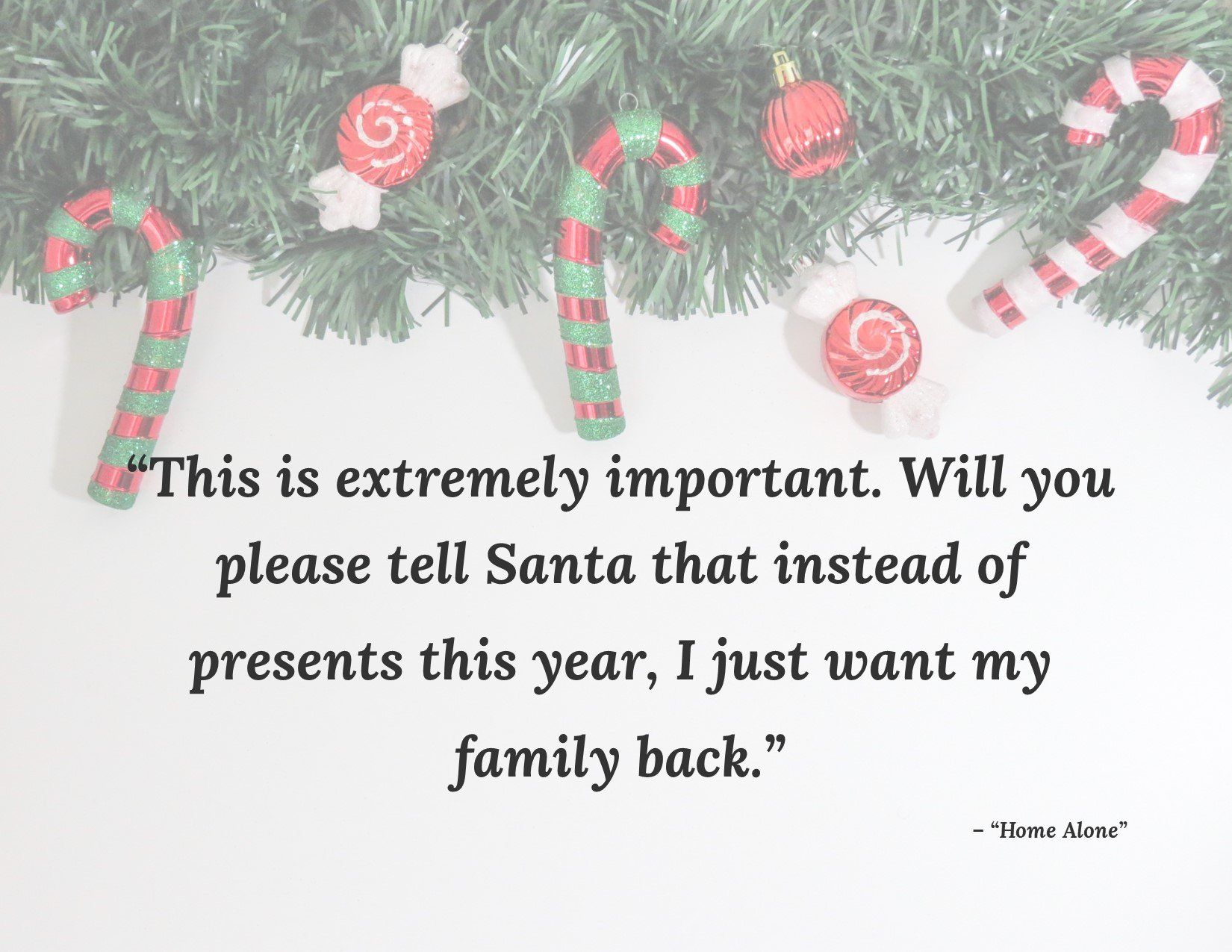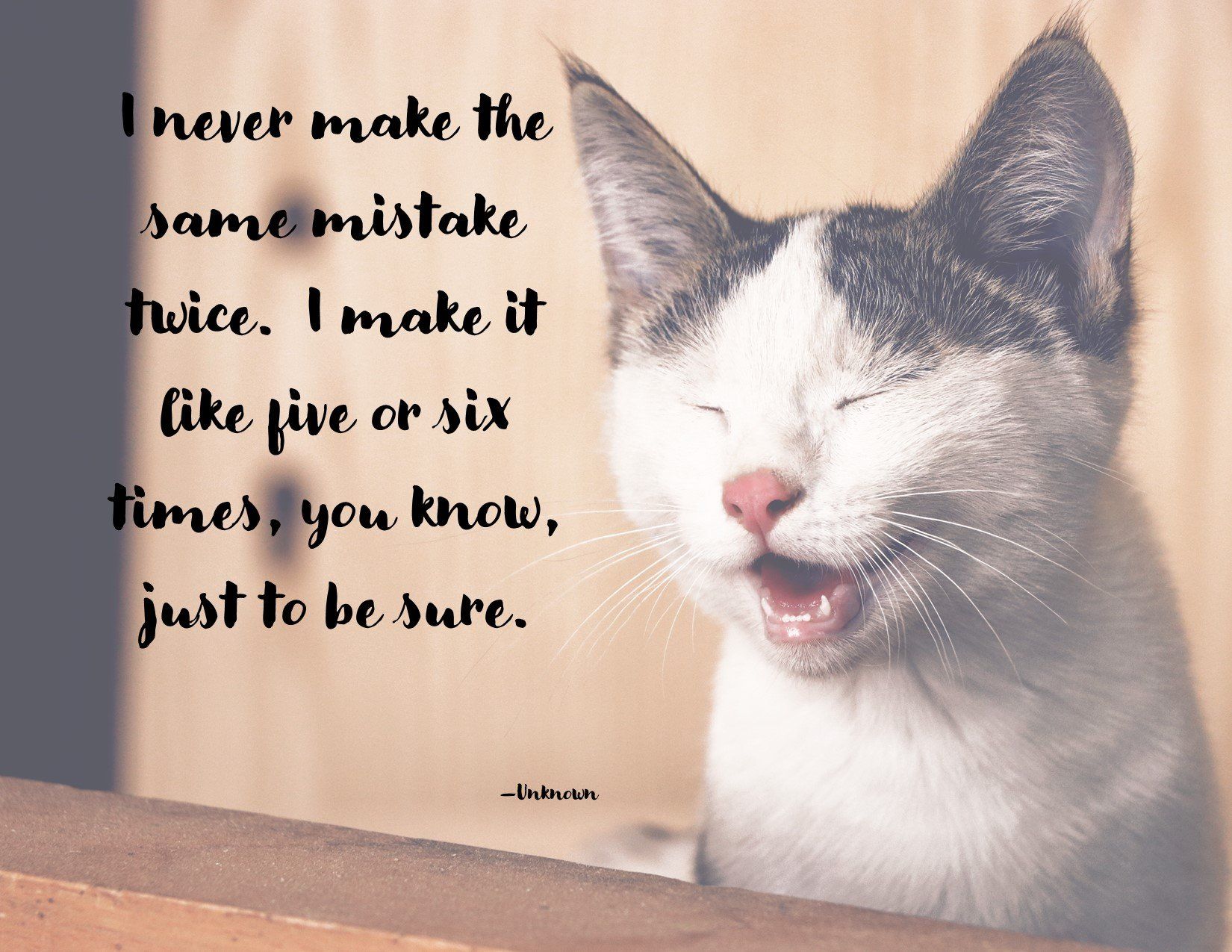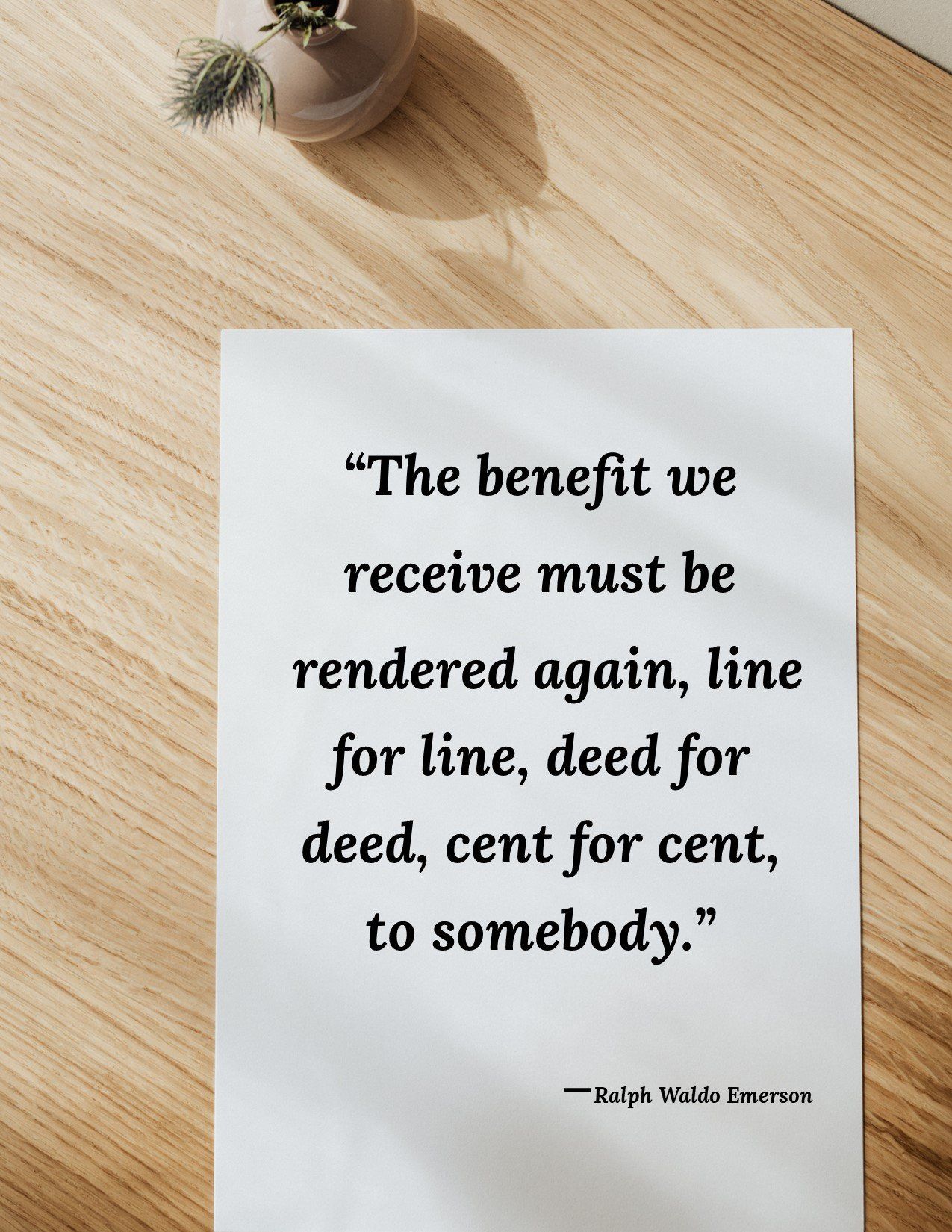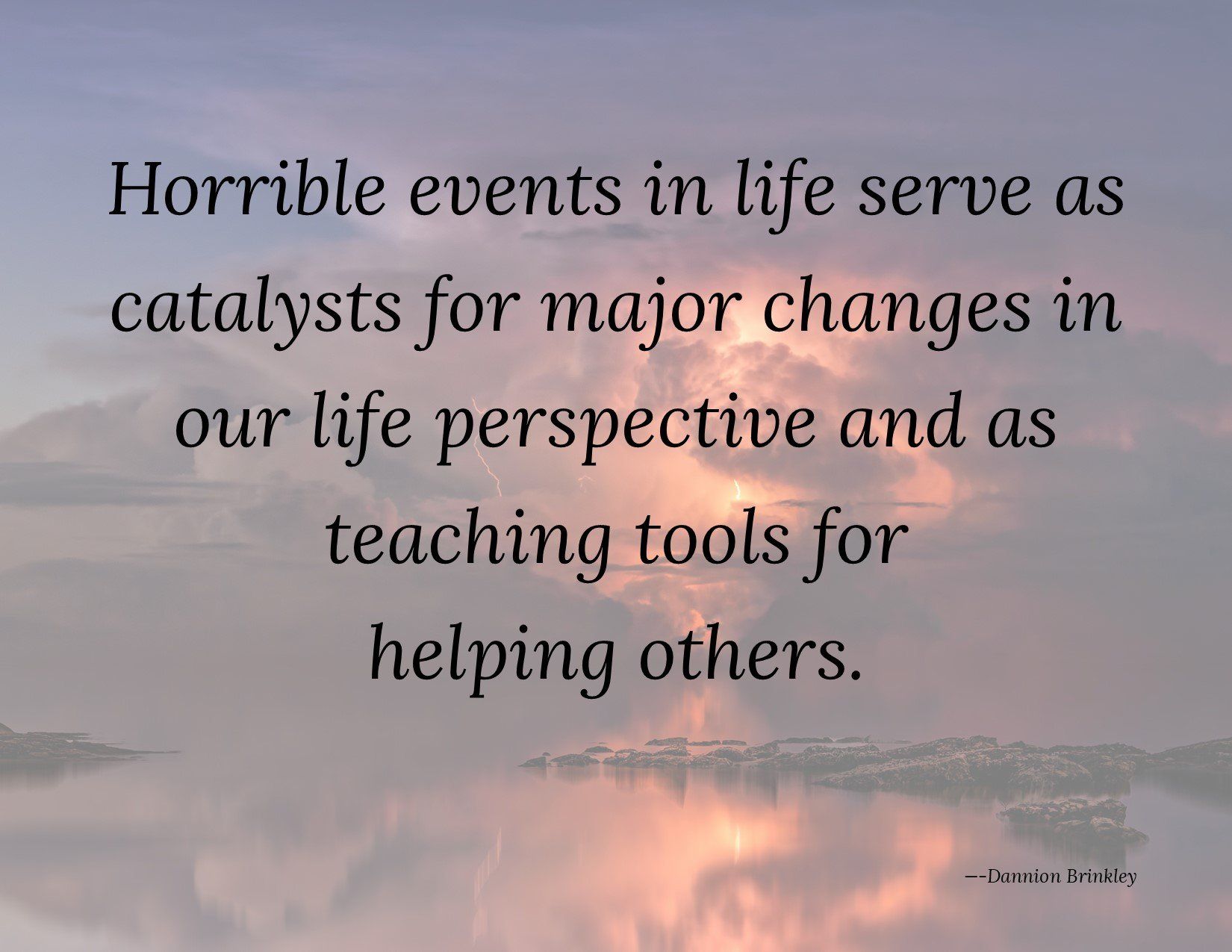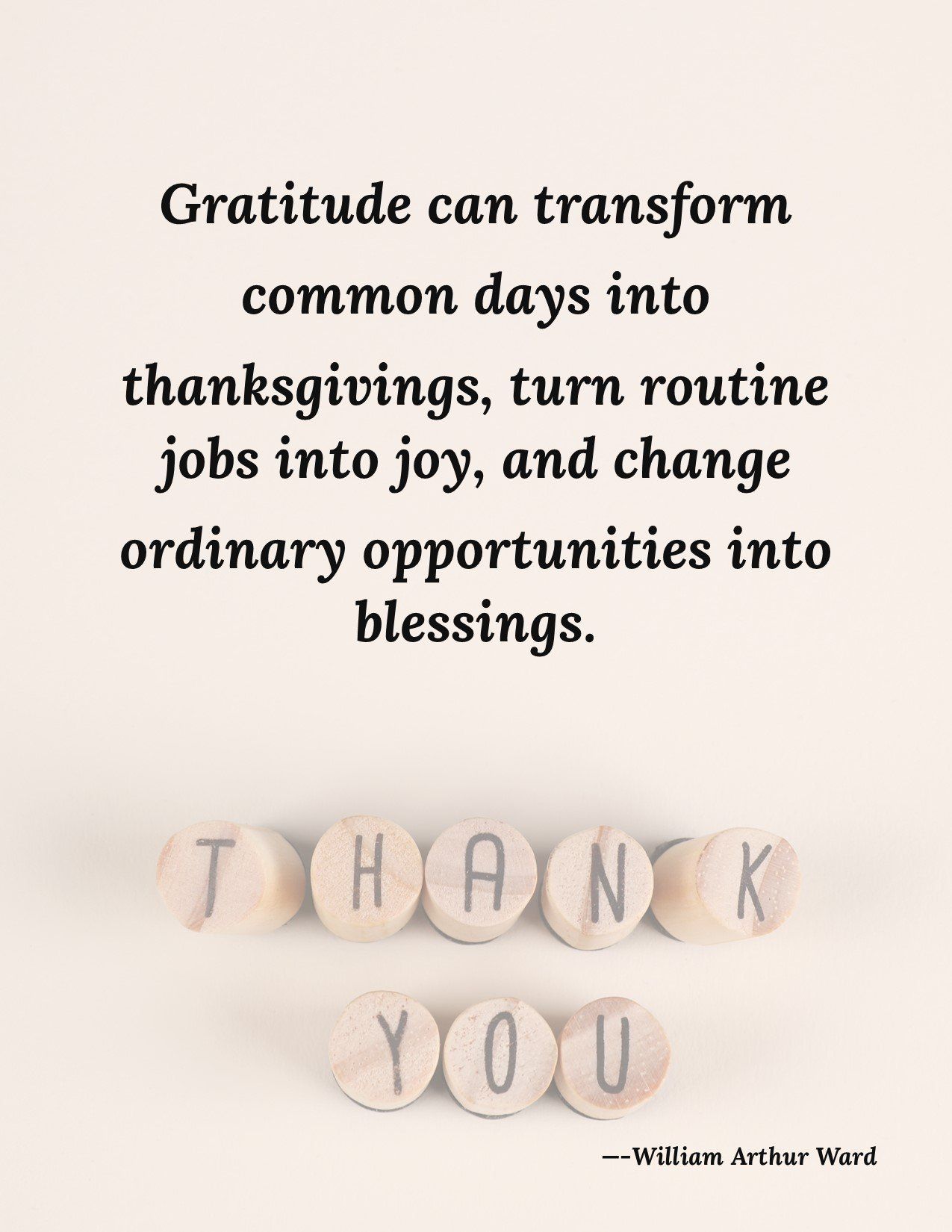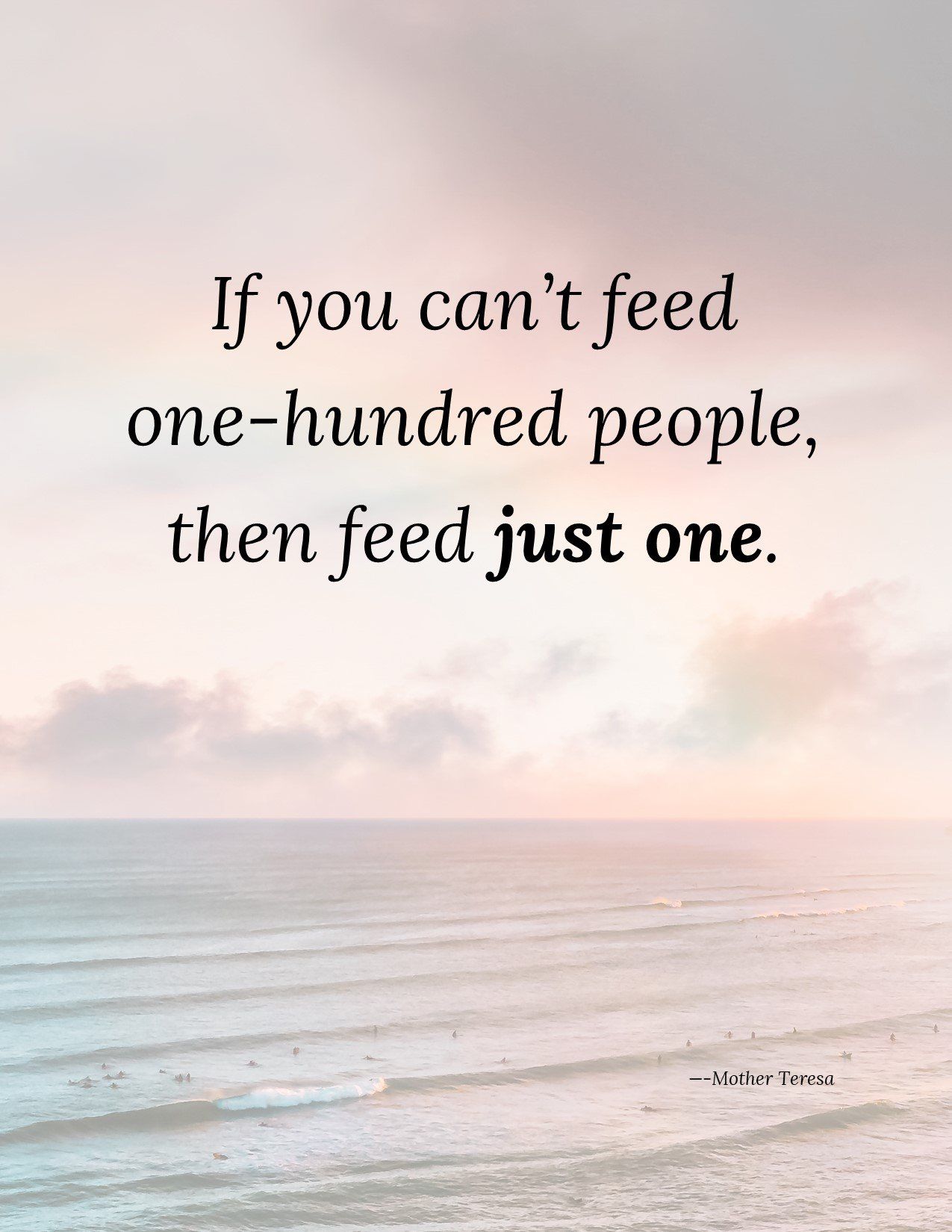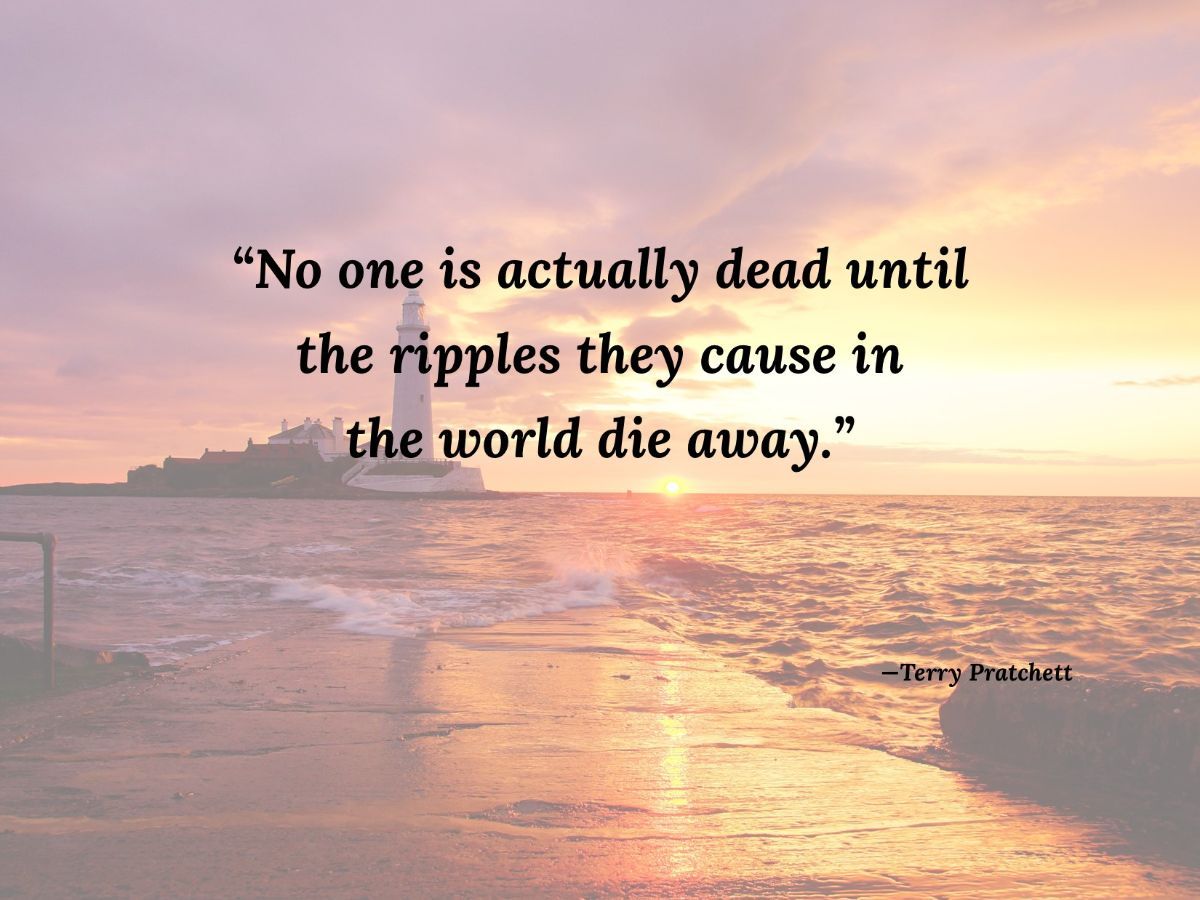Motivational Monday: You CAN teach an old dog new tricks!
(Originally posted on April 15, 2019)
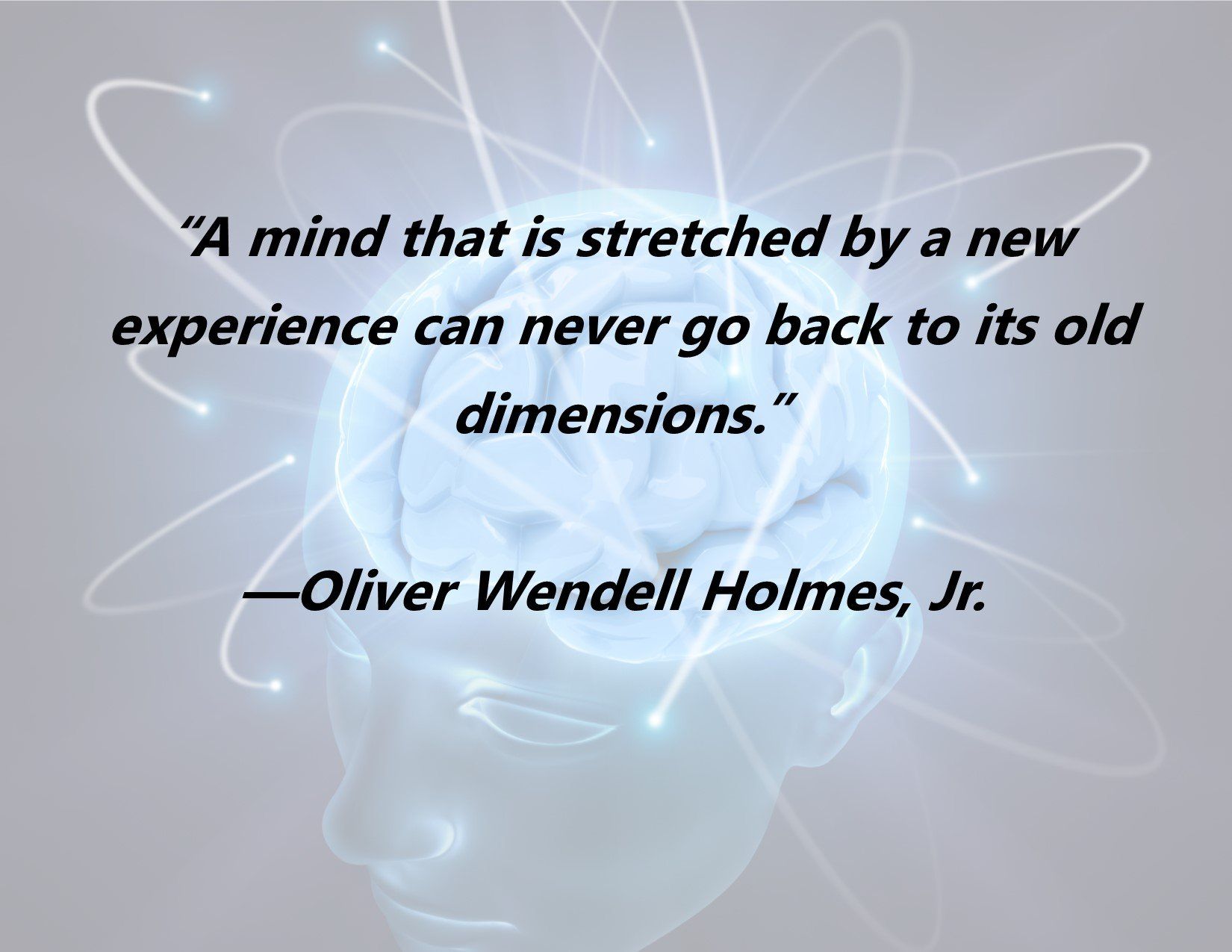
Saturday afternoon was the first day of puppy kindergarten for our new addition. We were the second family to arrive. The family that was there before us had a beautiful—and rather well behaved—Irish Setter. We took our seats as our little girl was being rather " vocal
" while the other families and pets arrived. Each pet arrived calmly and responded rather well to their owner's basic commands. And there we are:
our little girl sitting there, being VERY
vocal! My daughter leans over and whispers, "M om, are you sure you enrolled us in the right class
?" I must admit, at this point I was wondering! But figuring we'd probably get kicked out, we persevered. As the class progressed, she quieted down and she actually did quite well. She learned the new commands quickly, and while practicing with her at home I noticed a major difference in her responses. One 60-minute session and there is a noticeable change in how she's behaving (or rather how I'm behaving and she's responding). The point is that I made a change, and she responded to that change. Fast.
Do you realize that this also happens in people? We have patterns and habits that are set up in our brains. We do the same things everyday at the same time, and our brains become adapted to that routine. Do you have a little anxiety over a daily task?
I do. I'm always worried whether or not I turned off the curling iron. This would cause me so much stress that I'd think about it on the way to work and turn around to go check it. Ridiculous!
So I started taking a moment to actually "notice" that I turned it off, then I'd tell myself it's off. Problem solved; no more returning home to make sure I did that.
This trick works well for anything in our life; like if we have a bit of anxiety about something, or if we have an automatic response to stress. Maybe we have a habit of eating cookies at 3 PM because it makes us feel better.
What happened is that our brain developed a habit pathway. This pathway is what we do, and do frequently. Instead, we should do something "different". We need to tell our brains that this is our " new habit
". Over time, that difference will become our habit, our response, and our old response will lessen. Positive change takes time, diligence, and practice.
Up until the past decade or so, science believed that our brains cannot be re-wired—or basically, "you can't teach and old dog new tricks.
"
They now realize this isn't true. There is new research called " Neuroplasticity
" that is proving we have the capability to change our brains, our patterns, and everything in general! There's lots of information out there about this. Here's a quick clip
that explains it rather nicely, I also found this book
(which I haven't yet read, but is on my list).
So start today!
Make a list of the patterns that you want to alter or change. Start with something small and change it. Stick with this change awhile and see how long it takes for it to become your new pattern. Then move onto something bigger. Each small change will spiral into bigger changes. Before you know it, things in your life will be so much better.
The beauty of this is that we have the ability to change again and again and again!
Life is short, let us not stay stuck in patterns that are no longer serving us. Don't do what you've always done: think outside the box.
And look, I didn't get kicked out of puppy kindergarten... at least this week!
“Whatever the circumstances of a child’s early life, and whatever the history and current state of that child, every human has the built-in power to improve, to change for the better, to significantly restore and often to recover. Tomorrow, that person you see in the mirror can be a stronger, more capable, livelier, more powerfully centered, and still-growing person.”
--Dr. Michael Merzenich “Soft-Wired: How the New Science of Brain Plasticity Can Change Your Life,”
Sincerely,
Fatkin Natural Healing

